JHU prepares for potential COVID-19 impacts
Feb. 28, 2020
Dear Johns Hopkins Community:
With news of the continuous rise in confirmed cases of COVID-19 (novel coronavirus) being reported around the world, and public health experts’ expectation of continued spread, we want to assure you of Johns Hopkins University’s significant commitment to the health and well-being of our community, as well as to the continuity of university operations.
At this time there have been no confirmed cases at Johns Hopkins University or in the state of Maryland. While the consensus among government agencies, and our own experts in infectious disease, emergency preparedness, and public health, is that the general risk of exposure to COVID-19 is currently low in the United States, we continue to plan and prepare for potential impacts. We recognize our community has many questions and concerns, and we are working diligently to address them.
TRAVEL
As you may know, we have already implemented several contingency plans, including modifying our program at the Hopkins Nanjing Center in China and making alternative arrangements for students who were scheduled to study abroad this semester. Our campus in Bologna, Italy, remains fully operational at this time, and we are closely monitoring the situation.
The U.S. Centers for Disease Control and Prevention (CDC) currently has travel alerts in place for China, South Korea, Japan, Iran, Italy, and Hong Kong. Additional locations where there is identified community spread of the virus include Singapore, Thailand, Taiwan, and Vietnam. As spring break approaches, we advise you to stay apprised of travel guidance from the CDC and the State Department. Keep in mind that government-issued travel and screening mandates and airline operations could change while you are away, impacting your return plans.
UNIVERSITY PLANNING
The university administration has assembled a multidisciplinary team from across the institution to identify and plan for a range of scenarios and potential near- and longer-term impacts. For example, we have several working groups in place to consider:
- Support for students with travel plans during breaks and intersessions
- Immigration barriers for nonresident students, faculty, and staff (more information is on the Office of International Services website)
- Contingency planning for necessary supplies
- Alternative housing solutions
- Planning for classes during periods of quarantines, university closures, or transportation challenges
- Human resources considerations, including telework options
- Patient surge within our hospitals, health system, and student and university health centers
As our teams continue to prepare, we will communicate with you regularly. We recommend subscribing to the daily newsletter from the Johns Hopkins Center for Health Security, as well as reviewing the expert guidance of our Office of Critical Event Preparedness and Response (CEPAR). We also provide many resources on our dedicated Hub page
PERSONAL PREPAREDNESS
Please remember the things you can do to maximize personal preparedness and prevention:
- Wash your hands frequently
- Cough/sneeze into your elbow
- Stay home if you are sick, and don’t return until you are fever-free for 24 hours without medication
- Get your flu shot
If you are sick and are concerned that any of your symptoms may be related to COVID-19 due to recent travel history or other risk factors, please refer to our guidance online.
In the event that we direct people to remain home (either on or off campus) for some period of time, please be sure to have a supply of your regular prescription medicines and personal supplies on hand.
We recognize that the situation with COVID-19 may be stressful for members of the Johns Hopkins community, especially those with family and friends affected in other areas of the world. Johns Hopkins support resources are included on the Hub information page.
We are confident in the resources we have put in place to help us navigate through this challenging global event, and we remain committed to your health and well-being as well as to operational continuity to the greatest extent possible. We appreciate your cooperation and patience as we face this unprecedented challenge.
Sincerely,
Kevin Shollenberger
Vice Provost for Student Health and Well-Being
Jon Links
Vice Provost and Chief Risk and Compliance Officer





